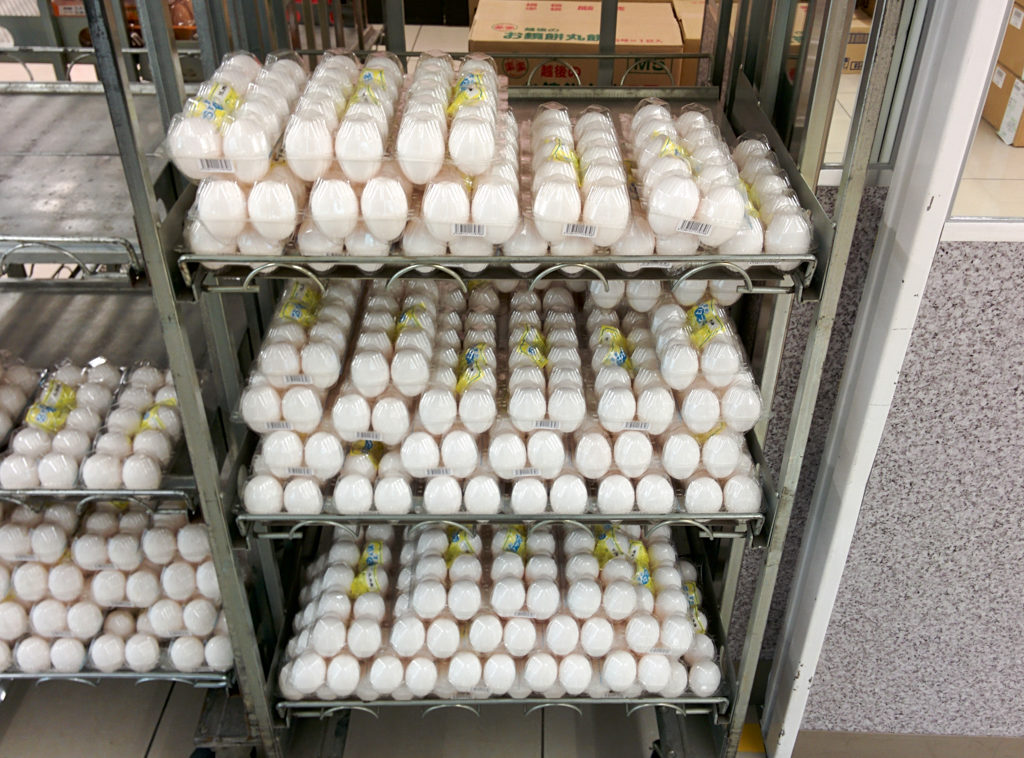Last year while studying abroad in Florence, I found myself living in my first-ever apartment with a (nearly) functioning kitchen. After soon realizing that eating pasta every night was neither financially nor physically responsible, my roommate and I took on the challenge that is the Italian grocery store.

Photo courtesy of kaylastudyabroadblog.wordpress.com
If you’ve ever traveled to Europe and stepped into a grocery store, you may have noticed some differences: they weigh their own vegetables, peanut butter doesn’t exist and a number of animal products are left unrefrigerated. Upon passing through my share of open-air markets and grocery stores, I was astounded to see that both milk and egg cartons were left in the open air. What about Salmonella poisoning? I screamed internally. So I set out to find the reasoning here for their unrefrigerated eggs – different health laws, possibly?

Photo courtesy of halfwayanywhere.com
Not exactly, more like different practices. Americans, along with the Japanese, Australians and Scandinavians, all wash their eggs and therefore have to refrigerate them. After the chickens lay the eggs, they’re immediately placed into a machine that washes them with soap and hot water. This process cleans then shells, but also strips off a protective covering called the “cuticle” that naturally envelops each egg. The Europeans, on the other hand, don’t wash their eggs in order to rely on this natural “cuticle” to protect from contamination entering the egg.
Many European countries, like the UK, vaccinate their hens to prevent the transmission of salmonella when the hens lay eggs. The vaccinations, in conjunction with the protection of the “cuticle,” are thought to protect the European eggs from bacteria, therefore they don’t refrigerate their eggs.

Photo by Justin Shannin
However, according to the USDA, refrigerating eggs after you buy them is a good way to guard against bacteria regardless of where you live. The only true way to thoroughly reduce the risk of food-borne illness? Cook the eggs!


